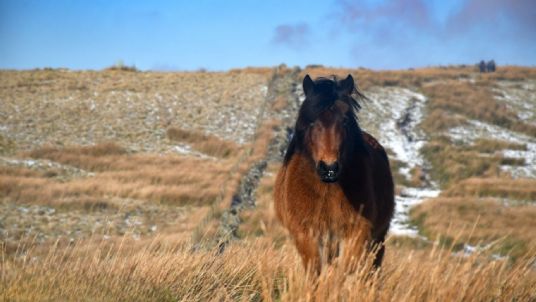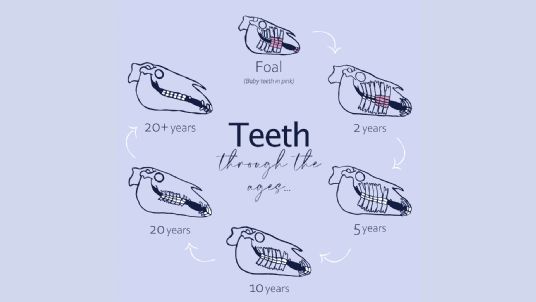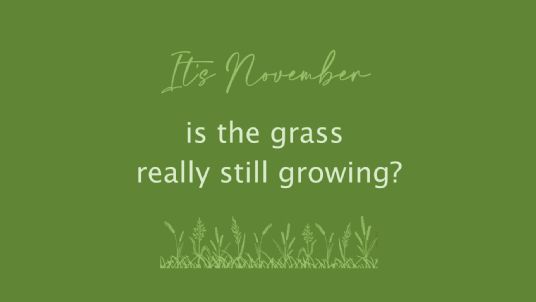Sugar can be very confusing!
06 July 2021
If you have a horse with Insulin Resistance/Dysfunction or any other metabolic issue that requires a low sugar diet, you will be very particular about feeds you use and may also (it’s a very good idea) have an analysis done on your hay. Some analyses just have a figure for sugar, and others have a whole range of figures which can be very confusing. The following is a simplified overview of a confusing subject!
If you want to keep sugar out of your horse’s blood, you will want feeds that are naturally low in the nutrients that are absorbed into the blood as sugar. This includes simple sugars such as glucose, fructose and sucrose, which are found in grass. These are absorbed into the blood stream in the small intestine as glucose. Enzymes enable this process. Starch is also broken down by enzymes and enters the blood as glucose. The trouble here is that horses produce very little of the enzyme needed for this, amylase, which is why they are not very good at coping with starchy feeds.
Grass stores its sugars not needed at the moment for growth, as fructose, a complex sugar, in the base of the stems. There is no enzyme in horses to convert fructose to sugar, so it goes through the small intestine to the hind gut, where microbes ferment it to acids. So, although fructose is a sugar, it does not elevate blood sugar levels. But you may want to keep acid levels down, which is another issue.
The simple sugars, which affect blood sugar levels, are sometimes referred to as ESC, Ether Soluble Carbohydrates.
WSC is water soluble carbohydrates, and this is simple sugars and fructose added together.
NSC is Non-Structural Carbohydrates and is WSC and starch together.
When your forage is analysed, it is the sugar and starch that will elevate blood sugar levels, but you will also need to be concerned about the general feed value as a higher feed value forage that makes the horse fat will not help. The forage should have enough protein to support muscles, internal organs, hooves and blood for instance, as well as gut microbes. And fibre is always important – horses need lots! It keeps their guts functioning properly, in good health, and is vital to support a healthy microbial population.
If you are concerned about your horse’s diet and would like some suggestions, our Feed Line team is happy to help: info@simplesystem.co.uk; www.simplesystem.co.uk 01728 604 008.



